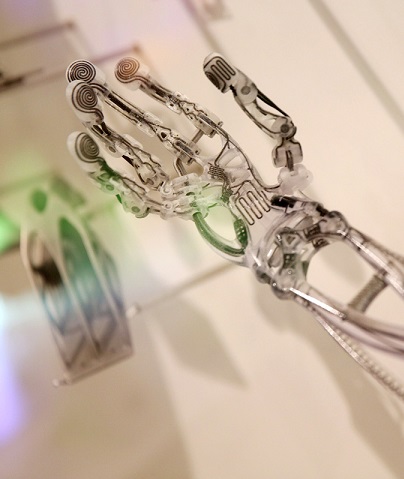Brains say Australian hands can build the future
 CSIRO is looking to build a future for Australian manufacturing.
CSIRO is looking to build a future for Australian manufacturing.
Australia needs to play to its strengths and transition from traditional manufacturing into new areas of competitive advantage, the research body says, and iManufacturing could be the way to go.
CSIRO has put up the discussion paper ‘Equipping Australian Manufacturing for the Information Age: iManufacturing – Is Australia Ready?’, which aims to generate discussion among Australian industry leaders, getting them to think about leaving 20th Century modes of production in the past.
The world is moving toward smaller batches of production, customised products, rapid prototyping, agile manufacturing processes and an emphasis on increased ‘servitisation’.
These are not just buzzwords or trendy concepts, but real indicators of the direction that future manufacturing will take.
The report’s authors warn that Australian manufacturers must catch up or lose out as others make increasingly innovative and competitive offerings in terms of price and flexibility in their markets.
The discussion paper talks about businesses growing and evolving from the use of traditional IT-based technologies and into eManufacturing (dependent on cloud-based services) or progress further into iManufacturing (or informatics-linked manufacturing).
To compete globally, the report says, enterprises need to have the right skills and tools to do business, adapt to the future, including:
- develop workers which combine not only eSkills (general computer/internet abilities) but also iSkills (understanding data, connectedness, the Internet of Things, servitisation) and manufacturing expertise
- encourage and develop Materialisation technologies that more rapidly turn digital, customised data into physical outputs
- develop collaborations and networks at local and global scales that are not only engaged at the human communications level but are sharers of data, resources, and processes
- improve supply chain interoperability and material flow efficiencies
- move manufacturing industries increasingly into the service spaces – the servitisation of manufacturing
- develop appropriate business models that maximise the potential that these new technologies provide








 Print
Print